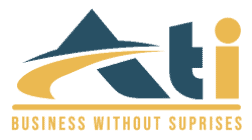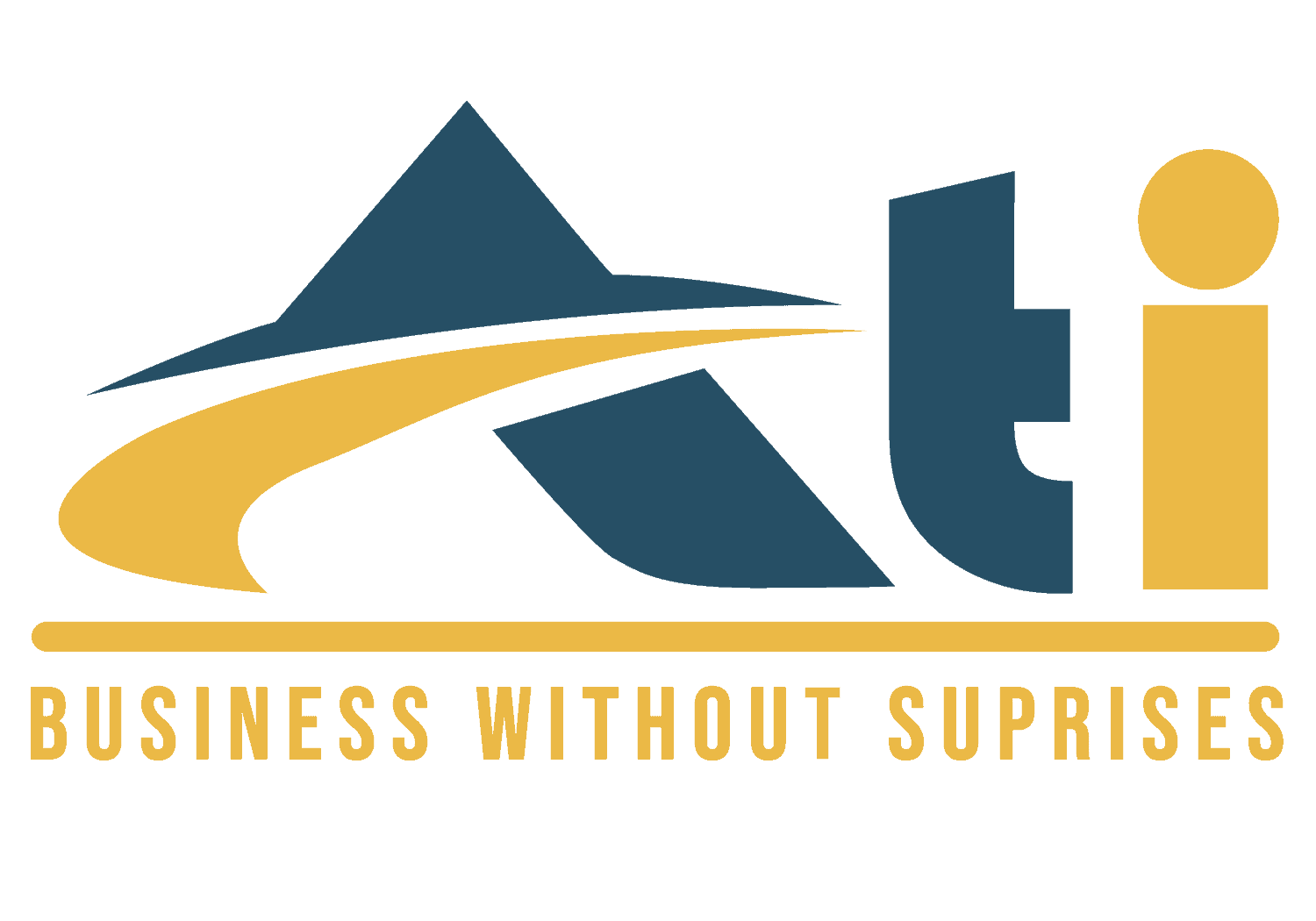When it comes to sourcing products from China, one of the biggest concerns for Amazon sellers is finding reliable suppliers. The risk of encountering dishonest suppliers or receiving low-quality shipments is significant and can have a negative impact on a seller’s business.
In this article, we will explore various sourcing options, including attending trade shows and wholesale markets, using B2B marketplaces, and working with sourcing agents. We will also discuss the differences between trading companies and factories and recommend the most reliable approach to finding China wholesale suppliers for long-term business relationships.
Key Takeaways
- Finding reliable suppliers in China is crucial for the success of an Amazon seller’s business.
- There are various sourcing options available, including trade shows, B2B marketplaces, and sourcing agents.
- Working with factories directly is often the most reliable approach to finding China wholesale suppliers for long-term business relationships.
How to Find China Wholesale Suppliers?
When looking for wholesale suppliers in China, there are several options available. Each option has its advantages and disadvantages, and it is essential to choose the option that best suits your needs. Here are some of the most popular ways to find China wholesale suppliers.
1. The Canton Fair
The Canton Fair is one of the largest import/export conventions in China, held twice a year, and covers a wide range of industries that produce physical products. The fair is divided into three phases, each showcasing different products. Although entry is free, it is essential to be prepared for what lies ahead.
Sales representatives at the fair usually have basic business English skills, and some may be temporary hires and not official company employees. Thus, you might only get limited information about minimum order quantities (MOQs) and product details. Interpreters are available for hire at the fair, typically costing around 400-500 RMB or $60-$75 per day. Fees may be higher for less common languages.
Suppliers showcase product samples at the fair, allowing you to assess the quality through hands-on inspection. However, be aware that lower prices often come with lower product quality. Unless you are willing to pay more than the advertised price, you might not get the desired level of quality.
After speaking with suppliers, they may ask for your business card to follow up after the fair. Some sellers are cautious about sharing their business cards with every vendor, as they fear their information could be sold to others. As a result, they may hand out fake cards to everyone except the suppliers they are genuinely interested in.
The Canton Fair is enormous, and you can find a list of exhibitors and booth locations on the trade show’s website beforehand to save time and energy. Keep in mind that the same suppliers often participate each year, leading to a lack of novelty. Moreover, don’t expect to see much innovation, as companies with newer designs or products might only be seeking distributors and not interested in OEM or private label manufacturing.
2. Yiwu Market
The Yiwu Market in Zhejiang operates year-round, boasting 40,000 shops, primarily catering to buyers from India, Africa, and the Middle East. Please note that Yiwu wholesalers are trading companies, not manufacturers. The products found here might not adhere to regulations and safety standards required in the EU or USA.
If you are looking for bags, shoes, textiles, watches, and accessories at low prices, this market might be suitable for you. However, for toys, cosmetics, or medical devices, you’ll need to explore other options.
In Yiwu Market, prices can vary widely, and the quality often correlates with the price. If your target market is diverse, and you sell through multiple channels or to other sellers, Yiwu Market could be considered as an option. Some sellers use it as a complementary supplier to fill their stores when needed.
Yiwu wholesalers work with factories in Zhejiang and Jiangsu provinces. They offer off-the-shelf products for immediate purchase or can arrange bulk shipments to your location. If the goods you require are not readily available, make sure to communicate your quality requirements clearly so that your supplier can place the order with a matching factory. Negotiating solely on price may lead the factory to use cheaper materials, resulting in compromised quality.
To simplify sourcing, you can hire a purchase manager. Yiwu agent services typically include picking you up from your hotel, taking you to meet wholesalers, negotiating prices and order terms, and coordinating procurement, including consolidating different orders for shipment. However, agents are usually not responsible for reviewing quality control at factories.
Keep in mind that you may come across fake products in the market, particularly famous brands, which are likely knock-offs. While Yiwu can be part of your sourcing strategy for equivalent products at low prices, be cautious about counterfeit items.
3. B2B Marketplaces
Popular B2B marketplaces such as Alibaba, Made in China, and Global Sources are excellent platforms to initiate your search for Chinese suppliers online. However, be cautious to avoid scams and unreliable suppliers. Some resellers may falsely advertise as manufacturers, which might not be an issue if you’re sourcing toys, clothing, accessories, or inexpensive electronics. However, for products requiring specific technical requirements, you’ll need a genuine manufacturer.
These websites rate their suppliers, but transparency isn’t always guaranteed. For example, suppliers can become premium members on Alibaba by paying an annual fee, which grants them gold supplier status, increasing visibility on the site. However, this status doesn’t necessarily indicate ethical behavior or quality standards, so thorough vetting is still necessary.
The process of contacting a supplier, requesting samples, and placing an order can be time-consuming, taking weeks rather than days to complete. Communication with suppliers on major B2B sites can be challenging due to language barriers, especially when explaining precise requirements
Trading Company vs. Factory
When looking for suppliers in China, it is crucial to distinguish between trading companies and genuine manufacturers. Trading companies act as intermediaries between buyers and manufacturers and often charge a commission for their services. On the other hand, manufacturers produce goods directly and sell them to buyers.
Here are some tips to help differentiate between the two:
-
Product Specialization: Manufacturers typically specialize in producing specific types of products or using specific manufacturing processes to reduce costs. If a company advertises a wide range of items, it is more likely to be a trading company than a manufacturer.
-
Business Name: Manufacturers usually include the town or city they are located in within their company name. In contrast, trading companies may have names designed to appeal to global buyers.
-
Factory Address: Check the business card for the factory address. If it is located in a downtown area or on a high floor of a building, it could be a trading company. Look for a separate office address, as it might be their sales office in the city.
-
Website: Trading company websites are often in English to attract foreign buyers. Smaller Chinese manufacturers may not have a website or may have a basic one with inadequate Chinese to English translation. In contrast, larger manufacturers may have more sophisticated websites.
-
Quality Certificates: Ask for the company’s quality certificates (e.g., CE, UL, and other certifications). A genuine factory will be listed as the ‘owner’ on the certificate.
These checks become necessary when sourcing from China without the assistance of a sourcing agent. A reliable agent with strong relationships with Chinese factories can be a safe bet to ensure quality goods without hassle.
Conclusion:
Working with a China sourcing agent can help overcome language and culture barriers when building a relationship with suppliers. However, businesses can also manage on their own by investing in the relationship and traveling to China occasionally. Supplyia Sourcing has been providing expert assistance to Western customers in manufacturing and finding wholesale suppliers from low-cost regions since 2013. By leveraging their expertise, businesses can navigate the complexities of sourcing from China and build strong relationships with suppliers. For more information on China sourcing, businesses can visit Supplyia Sourcing’s website or contact them at [email protected].

